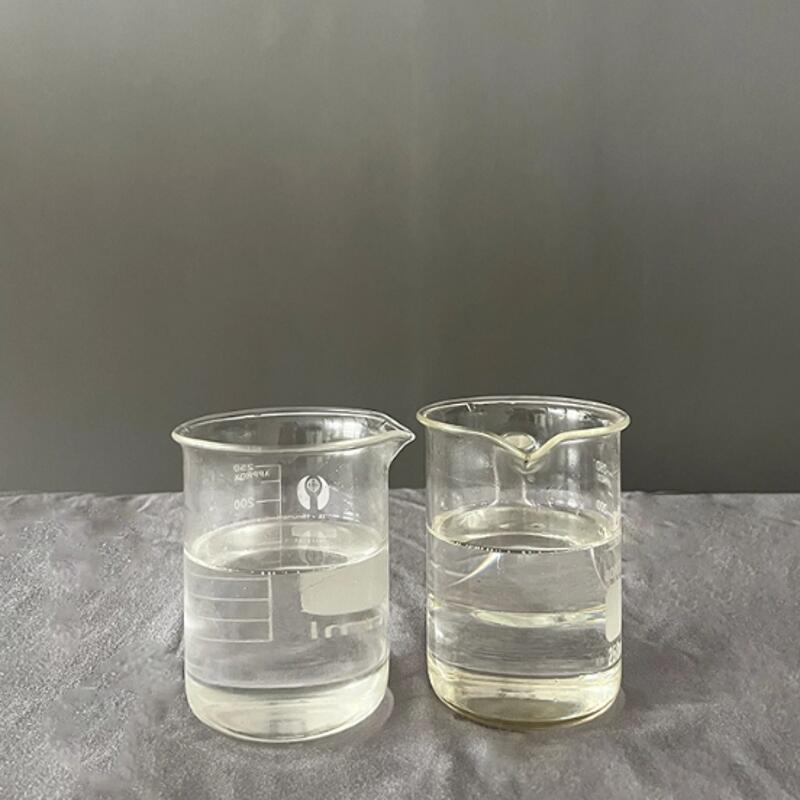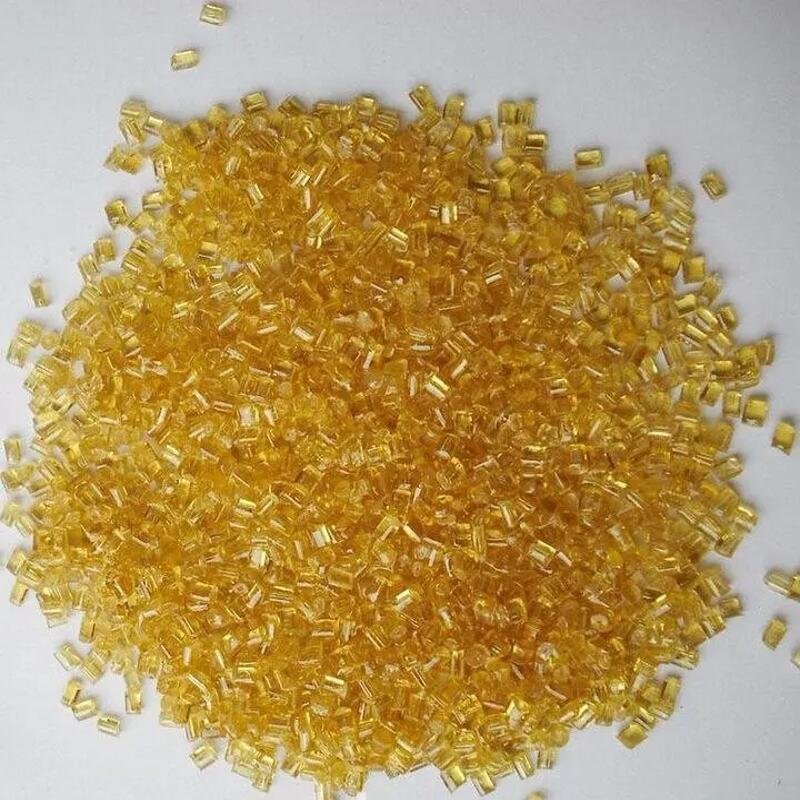-
Categories
-
Pharmaceutical Intermediates
-
Active Pharmaceutical Ingredients
-
Food Additives
- Industrial Coatings
- Agrochemicals
- Dyes and Pigments
- Surfactant
- Flavors and Fragrances
- Chemical Reagents
- Catalyst and Auxiliary
- Natural Products
- Inorganic Chemistry
-
Organic Chemistry
-
Biochemical Engineering
- Analytical Chemistry
-
Cosmetic Ingredient
- Water Treatment Chemical
-
Pharmaceutical Intermediates
Promotion
ECHEMI Mall
Wholesale
Weekly Price
Exhibition
News
-
Trade Service
Recently, a piece of news caught the attention of Chen Ming, general manager of Zhejiang Ningbo Shuntong Export Trading Co.
, Ltd.
: From December 1, 2021, 32 countries, including EU member states, the United Kingdom, Canada, etc.
, will officially cancel the China's trade "GSP tariff preference"
.
The General Administration of Customs also recently issued a relevant announcement, announcing that starting from December 1, China will no longer issue a certificate of origin under the general preference system for goods shipped to the above-mentioned countries
.
"The impact is still a little bit, but it's not big
.
" Chen Ming told reporters that their company mainly exports needle-woven garments to the EU.
At present, they have raised the latest quotations for EU customers, mainly due to the increase in raw material prices, so Customers are basically acceptable
.
Huo Jianguo, vice president of China WTO Research Association, said in an interview with this reporter that the normal tariffs of European and American countries are maintained at 2-3%.
not much impact
.
According to Xu Weihong, a special financial expert from CCTV, the cancellation of the GSP treatment by 32 countries will indeed have an impact on some foreign trade companies, but because China has signed trade agreements with many countries, the overall impact is very limited
.
The General Administration of Customs of China suggests that for goods exported to developed economies that no longer grant China’s inclusive treatment, companies can apply for a non-preferential certificate of origin to apply the most-favored-nation tax rate
.
Limited impact on Chinese exports
Limited impact on Chinese exportsSo what is the GSP tariff preference?
The General Administration of Customs of China explained that the GSP is a one-way preferential tariff given by developed countries (benefiting countries) to developing countries and regions (beneficiary countries) for exporting manufactured and semi-manufactured products The treatment system aims to help developing countries expand their exports and accelerate their national economic growth
.
For related products imported from beneficiary countries, tariff concessions on the basis of the most-favored-nation rate, or even zero-tariff access treatment
.
In order to protect their own industrial and agricultural production and avoid excessive GSP preferential imports, which would have a negative impact on their economic development, each granting country has formulated protective measures in their respective GSP programs
.
The protection measures can be divided into four categories: exception clause, predetermined limit, competition requirement standard and graduation clause
.
For products and beneficiary countries that trigger protection measures, the beneficiary country will no longer grant its GSP treatment
.
Since 1978, 40 countries have granted China GSP treatment
.
With the enhancement of China's economic strength and the improvement of the competitiveness of export products, China has gradually "graduated" from the GSP treatment of various developed economies
.
The countries that still give China GSP treatment are Norway, New Zealand and Australia
.
It is worth mentioning that GSP is fundamentally different from MFN treatment
.
It is reported that the most-favored-nation tax rate applies to WTO member countries, and the member countries give each other equal tariff treatment, also known as "non-discriminatory treatment"
.
After China's accession to the WTO, it automatically obtains the most-favored-nation treatment of the WTO, and the most-favored-nation tax rate applies when goods are exported to other member states
.
In short, GSP tariff preferences for developed countries can be unilaterally cancelled; while MFN treatment is the legal treatment clause in trade treaties and agreements between countries, so unilateral cancellation is a breach of contract
.
In addition, the GSP is mainly aimed at import and export trade, and the most-favored-nation treatment includes the preferential treatment, privileges or immunities of both parties in trade, navigation, customs, legal status and other aspects.
It is more widely applicable than the GSP
.
"China's 'GSP tariff treatment' has been cancelled.
In a sense, this is also a comprehensive recognition of China's economic strength, product competitiveness and industrial capacity by developed countries
.
" Zhu Yin, associate professor of the Department of Public Administration, School of International Relations told the "China Times" reporter
.
How to deal with foreign trade enterprises
How to deal with foreign trade enterprisesAfter the 32 EU countries cancel the "GSP tariff preference", how much will it affect China's foreign trade enterprises?
Xu Weihong believes that if they no longer enjoy the tariff treatment of these 32 countries, the additional cost of some Chinese enterprises will increase, and the competition pressure will be relatively large.
In addition, the global trade environment is not good, and it will definitely have an impact on domestic foreign trade enterprises
.
However, this is not a bad thing.
Foreign trade enterprises should turn passive into active, strive to improve product quality, increase investment in science and technology, and develop towards advanced and sophisticated aspects
.
After the product quality is improved, there is enough confidence to raise the export price of commodities
.
As long as the quality of the product is good, there is no need to worry about not being able to sell it in the international market
.
In this regard, Zhu Yin also agreed
.
"It will not have much impact on China's foreign trade exports
.
At present, China's largest trading partner is ASEAN, followed by the European Union, followed by the United States, Japan, etc.
The
data shows that in the first half of 2021, China's exports to ASEAN reached US$225.
83 billion, a year-on-year increase of 38.
3%
.
”
However, some people in the industry have interpreted that this move represents that the "low-cost era" of China's production will gradually go further, and the tariffs on goods sold to many countries will increase in the future, and some small foreign trade enterprises and newly established foreign trade enterprises will be more affected.
serious
.
But to a certain extent, in the 20 years since China's entry into the WTO, a unique system has gradually formed in commodity exports and supply chains.
Even after tax increases, prices and quality are still very competitive.
Companies with stable goods have less impact
.
In fact, although the cancellation of the "GSP" treatment will indeed make some Chinese exporters lose their tariff preferences, on the whole, China has already passed the stage of winning the market by relying on tariff preferences.
The GSP preferential tax rate will not have a big impact on Chinese exports
.
At the same time, China also chose to take the initiative to speed up the expansion of the "circle of friends" in the free trade zone
.
The RCEP will come into effect on January 1 next year.
The 15 member states that have signed the agreement cover a population of nearly 2.
2 billion, with a combined GDP of US$26.
2 trillion, accounting for about one-third of the global economy, and intra-regional trade volume of 10.
4 trillion.
The US dollar, accounting for 27.
2% of the world's total trade volume, is regarded as the world's largest free trade zone
.
In the long run, this is of great significance to China's exports and enterprises going overseas
.
For example, after the RCEP comes into effect, the tax rate for imported electronic game consoles, toys and other products from Japan will be adjusted to 0%
.
Not only that, according to the RCEP plan, 90% of the trade in goods between member countries will achieve zero tariffs
.
Therefore, the General Administration of Customs of China suggests that if the relevant countries have signed and implemented free trade agreements with China, such as Switzerland, Liechtenstein, Australia, New Zealand, etc.
, enterprises can apply for the corresponding certificate of origin of the free trade agreement to apply the agreement tax rate
.
In addition, after the RCEP agreement takes effect, products and enterprises exported to Japan can also enjoy the corresponding agreement tax rate by applying for the certificate of origin under the RCEP agreement
.
The General Administration of Customs also suggested that export enterprises can start from the following two aspects to make good responses: first, to communicate and explain with foreign customers as soon as possible to avoid inconvenience caused by different types of certificates of origin applied for; second, to make full use of China's The achievements of the free trade zone construction, the development of emerging markets, the optimization of the export market structure, the improvement of the utilization rate of free trade agreements, and the creation of new competitive advantages
.
Export products to countries and regions that have signed free trade agreements with China to enjoy tariff reductions and even zero-tariff market access
.







